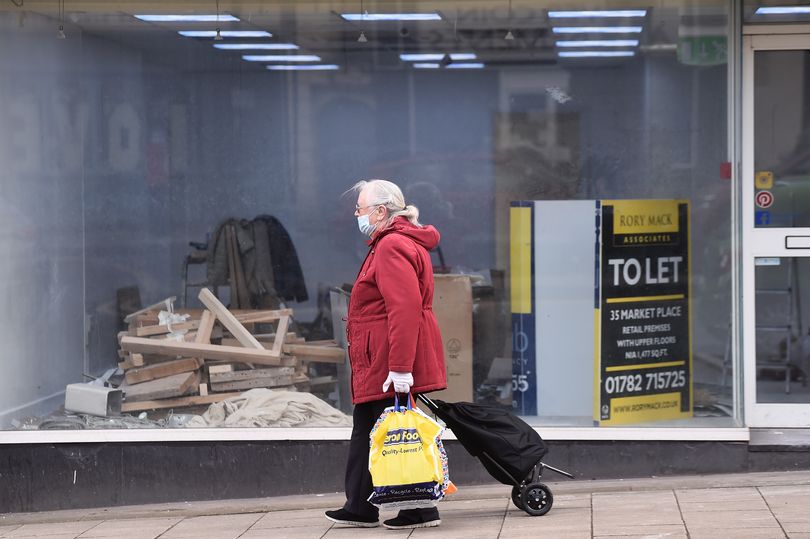Covid has unmasked poverty to reveal the most appalling inequality, at home and abroad. Here in the UK we can see with our own eyes the inequalities in treatments, vaccination rates, deaths and education.
Abroad, catastrophic repercussions of overcrowding and poor living conditions are obvious in India. We’re rapidly turning into a two-tier world, the haves and the have nots.
While we turn a blind eye to these inequalities we can’t move forward. Covid will become a disease of poverty by entrenching inequalities.
As Fiona Godlee, BMJ editor, writes, structural racism is bad for health, with ethnic minority groups suffering most because their jobs are riskier, their housing is overcrowded, their incomes are low and their access to healthcare is poor. Plus only people who can afford it will get tested because self-isolation is expensive.
What can be done to tackle these inequalities? Christina Pagel of University College London points out in the BMJ that people living in more deprived communities are more likely to contract Covid-19, with infection rates 50% higher than in the least deprived communities. They also have more than double the number of ICU admissions and almost double the risk of dying.
We can’t forget that lockdowns are much less effective in deprived communities because more people work outside the home, cannot afford to isolate, and so cannot lock down. Also overcrowded housing means Covid-19 spreads more easily.
As a result there are significantly more Covid cases circulating in deprived communities as we start coming out of lockdown making outbreaks more likely as people mix.
Poorer vaccine uptake also means these communities are less protected if outbreaks should occur.
A North/South divide in Covid-19 cases could emerge as northern regions have substantially more deprived local authorities than the South.
For instance, 24 out of the 25 local authorities with the highest infection rates are in the North of England.
It doesn’t have to be this bad. In deprived Newham, East London, there’s already improved support for self-isolation. We can improve ventilation in work spaces and schools, and reduce transmission indoors.
We can also close gaps in vaccine uptake by addressing particular concerns locally and make getting a jab as easy as possible.
Let’s see the colour of the Government’s “levelling up” agenda for improving regional inequality in England. If not, a further widening in wellbeing between poor and rich, North and South is inevitable.

